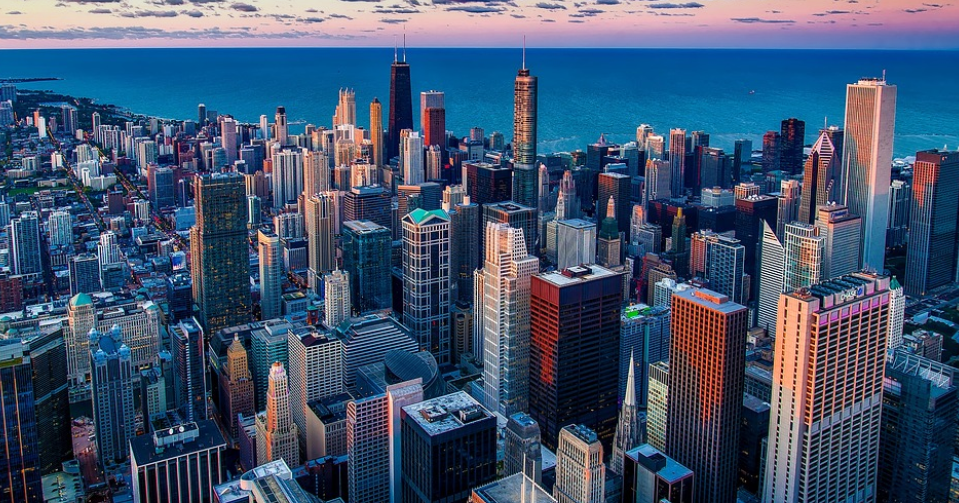What is a 5/12 Pitch Roof?
A 5/12 pitch roof, also known as a “steep” or “gable” roof, is a popular roof design for manufactured homes. It features a slope of 5 degrees for every 12 units of horizontal distance. This means that the roof rises steeply towards the top, creating an angled surface.
This particular pitch maximizes usable space within the home’s footprint while offering numerous benefits. It allows for greater vertical space in the attic for storage and ventilation. Additionally, it helps minimize wind resistance, making the house more stable during strong winds.
Benefits of a 5/12 Pitch Roof
Utilizing a 5/12 pitch roof offers several advantages over other roof designs:
- Increased Space: The steep slope allows for added living space in the attic. This can be used for storage, playrooms, or even bedrooms.
Here’s a closer look at the benefits of a 5/12 pitch roof:
* **Better Ventilation:** The angled design helps air circulate freely, reducing humidity and promoting natural drying. This combats condensation issues, particularly common in areas with high temperatures and humidity. * **Improved Drainage:** The steeper incline ensures water runs off easily. It prevents the accumulation of standing water, which can cause structural damage or mold growth. * **Easier Roof Maintenance:** A 5/12 pitch roof is easier to clean and maintain compared to flat roofs. This helps keep your home looking good for years to come!
Factors to Consider When Choosing a 5/12 Pitch Roof
While the 5/12 pitch offers fantastic benefits, there are certain factors you should consider before making your final decision:
- Roof Material: The material used for your roof will significantly impact its lifespan. Hard-wearing roofing materials like metal or asphalt shingles can withstand harsh weather conditions.
Choosing the right roofing material is crucial, especially in areas experiencing heavy rainfall or strong winds. Metal roofs offer exceptional durability and longevity while also providing excellent protection against extreme temperatures. Asphalt shingles are a budget-friendly option that provides decent protection from the elements.
Remember to consider your local climate when making your decision. Factors like snowfall, high winds, or frequent storms should be factored into your choice of roofing material.
5/12 Pitch Roof vs. Other Styles
When comparing the 5/12 pitch roof with other styles such as a flat roof or a low-sloping roof, it’s essential to understand their unique characteristics:
- Flat Roofs: While offering energy savings due to reduced wind resistance, flat roofs also need more attention to maintenance and drainage.
Flat roofs can be prone to water damage if not adequately maintained. They require regular cleaning and repairs, as leaks and moisture build-up are common issues with these types of roof structures.
Low-sloping roofs offer a balance between functionality and cost effectiveness but may lack the same structural integrity and air flow capacity as a 5/12 pitch.
- Advantages of 5/12 Pitch: Ultimately, the 5/12 pitch roof offers a great combination of space, ventilation, and durability, making it an excellent choice for manufactured homes.
The advantage lies in its ability to provide both functional benefits and aesthetic appeal. This style adds visual interest while also being practical for everyday living.
Cost-Effectiveness and Long-term Value
While the initial cost of a 5/12 pitch roof may seem higher than others, it offers long-term value:
- Durability: A well-constructed 5/12 pitch roof with quality materials can last for decades, saving you money on future replacements.
Investing in a durable and well-maintained roof is an investment that pays off over time. It not only protects your home from the elements but also adds value to it.
Conclusion
Choosing the right roof for your manufactured home is a crucial decision, as it impacts functionality, aesthetics, and long-term value.
A 5/12 pitch roof offers numerous advantages and provides exceptional ventilation, drainage, and protection from harsh weather conditions. By carefully considering factors like material, climate, and maintenance requirements, you can choose the best roof style for your manufactured home that will stand the test of time.
